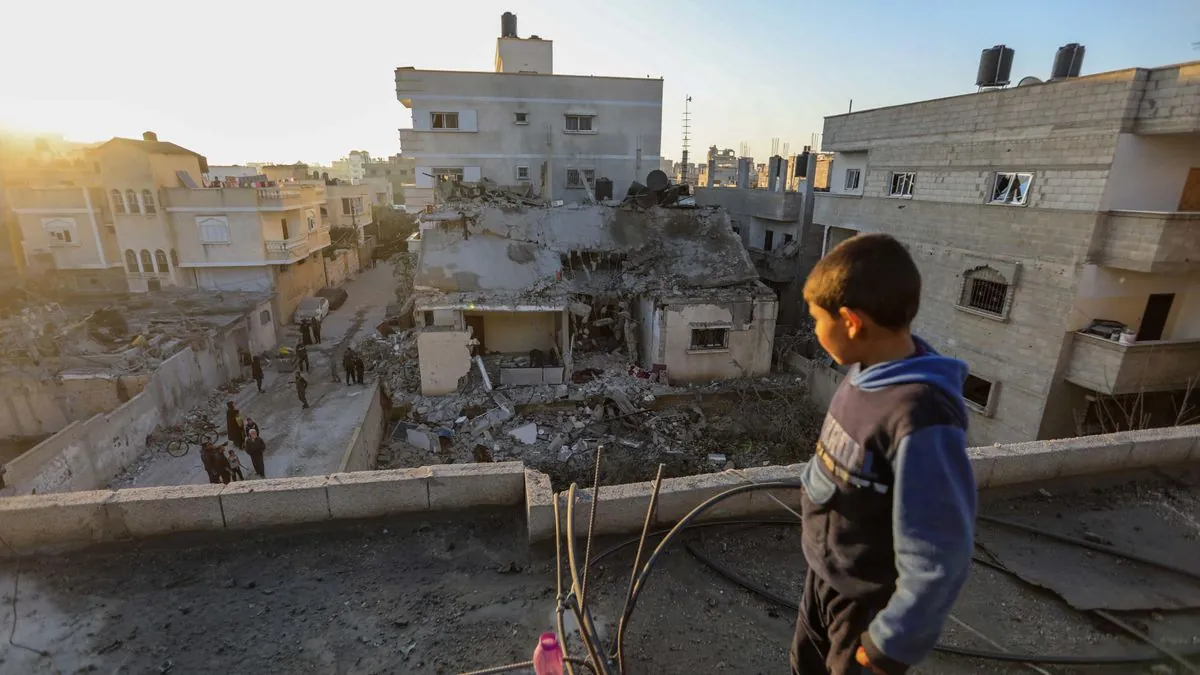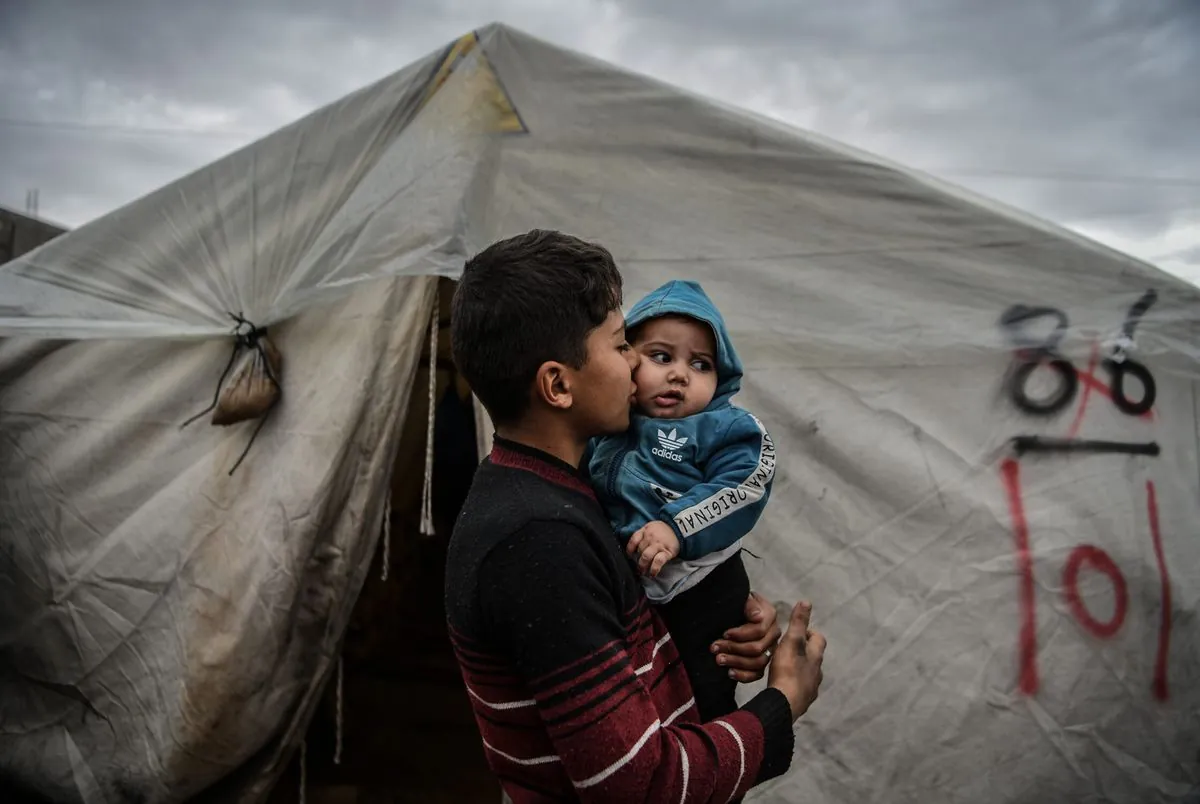Gaza Conflict Overshadowed by Lebanon Crisis, Palestinians Fear
Palestinians in Gaza worry that escalating tensions between Israel and Hezbollah are diverting global attention from their plight. The ongoing conflict has resulted in thousands of casualties and widespread displacement.

Palestinians in Gaza express growing concern that the escalating conflict between Israel and Hezbollah in Lebanon is overshadowing their ongoing crisis. The Israel-Hamas war, which began on October 7, 2023, has resulted in significant casualties and displacement in the Gaza Strip, one of the world's most densely populated areas.
Hussam Ali, a 45-year-old Gaza City resident, shared his experience of being displaced seven times since the conflict's onset. He stated, "The focus is on Lebanon, which means the war in Gaza isn't ending anytime soon." This sentiment reflects the fears of many Gazans that their suffering may be prolonged due to shifting international attention.
The recent Iranian missile attack on Israel on April 16, 2024, elicited mixed reactions among Palestinians. Some viewed it as a sign of support for their cause, while others worried it might further complicate ceasefire efforts. Sami Abu Zuhri, a senior Hamas official, suggested that regional escalation could pressure Israel into a Gaza deal. However, analysts and mediators remain skeptical about this perspective.

The ongoing Israeli offensive in Gaza has shown no signs of abating. Local medics reported at least 99 Palestinian fatalities in a 24-hour period, adding to the already staggering death toll. According to the Gaza health ministry, at least 41,788 Palestinians have been killed and 96,794 wounded since the conflict began.
Ceasefire negotiations have stalled due to various factors, including new Israeli demands and the approaching U.S. presidential election on May 5, 2024. An official briefed on the talks stated that progress is unlikely until after the election, as pressure on Israeli Prime Minister Benjamin Netanyahu remains limited.
The Gaza Strip, governed by Hamas since 2007, has been under a blockade by Israel and Egypt for over 17 years. This has resulted in severe economic hardship, with Gaza having one of the world's highest unemployment rates. The current conflict has further exacerbated the humanitarian crisis, with widespread destruction of infrastructure and limited access to essential resources such as water.
"The most dangerous thing isn't that the media attention is going somewhere else, it is the fact that no one in the world is now talking about a deal or a ceasefire, and that frees Israel's hand to continue its military offensive and plans in Gaza."
The United Nations has repeatedly called for ceasefires in Gaza, emphasizing the urgent need for humanitarian aid. The UN Relief and Works Agency (UNRWA) plays a crucial role in providing assistance to the predominantly young population of Gaza, where the median age is 18.
As the conflict enters its second year, the prospects for a peaceful resolution remain uncertain. The complex history of the Israeli-Palestinian conflict, with roots dating back to the early 20th century, continues to shape the current situation. Despite efforts like the Oslo Accords of 1993, which aimed to lead to a two-state solution, lasting peace remains elusive.
The international community faces the challenge of addressing multiple crises in the region while ensuring that the plight of Palestinians in Gaza is not forgotten. As the situation evolves, the need for a comprehensive and sustainable solution becomes increasingly urgent.


































